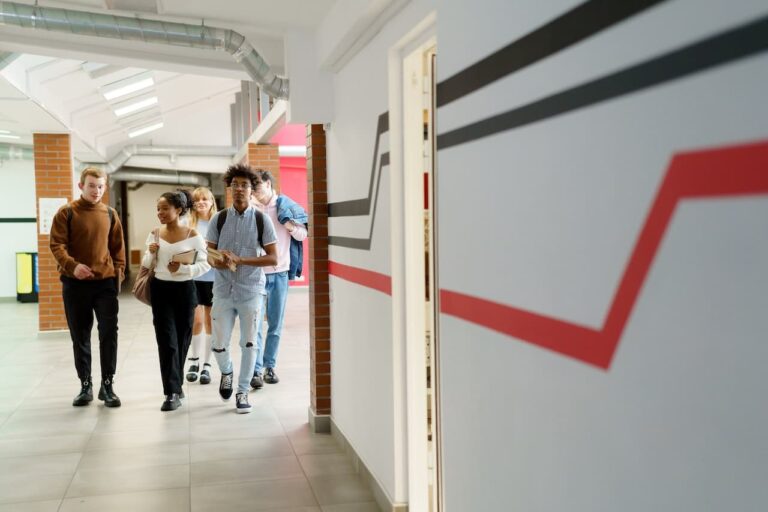BUSINESS & EDUCATION
The Future of Learning: Trends Shaping Education

WORDS: Peter Minkoff PHOTOGRAPHY Supplied
Education is a field that is always changing due to societal shifts, technological developments, and evolving pedagogical philosophies. To give students of all ages the finest educational experiences possible, it is crucial to stay current with the most recent trends and advances in this constantly shifting environment. We will examine several significant educational trends that are influencing how we teach and learn in this article. These developments are having an impact on education at many levels, from the EdTech space to the rise of MBA degrees.
The MBA Revolution
The Master of Business Administration (MBA) degree has seen considerable modifications in the world of higher education. MBAs have always been sought after by people who want to advance their careers in the business sector. To serve a larger clientele, the MBA environment has changed. Today, you can discover MBA programmes with a focus on entrepreneurship, sustainability, and the healthcare industry. These courses offer a more specialised education, giving students the abilities and information required to succeed in particular fields. Additionally, a lot of universities now provide adaptable online MBA programmes, which makes it simpler for working individuals to enhance their careers without taking time off from their jobs.
Personalised Learning and EdTech
The use of technology in schooling, also known as “EdTech,” is becoming more and more widespread. Personalised learning is one of this trend’s main components. Using artificial intelligence and data analytics, teachers may design personalised learning pathways for each student. With this method, students can advance at their own rate, concentrating on their weakest areas while rushing through their strongest ones. In addition to increasing student engagement, tailored instruction makes sure that students have the resources they require to succeed.
Montessori Education: A Unique Approach
The Montessori method is a well-known trend in early childhood education. This child-centred method, created more than a century ago, emphasises independent and experiential learning. The carefully planned environs of a Montessori classroom encourage self-reliance, creativity, and critical thinking. Rather than traditional toys, these classrooms often utilise high-quality Montessori toys for 2-year-olds and older children. These items are designed specifically to foster the development of the brain and the body while fostering a spirit of exploration. Children learn best when they are actively involved in activities that are in line with their unique interests and developmental stages, according to this educational philosophy.
Global Citizenship and Experiential Learning
Fostering global citizenship is an important educational trend in today’s linked society. The promotion of cultural understanding, empathy, and a sense of responsibility towards global challenges is becoming a bigger focus in schools and colleges. A major aspect of this trend is experiential learning, which gives students the chance to obtain practical experience through internships, study abroad options, and service-learning projects. In addition to broadening students’ horizons, these experiences also equip them to take on challenging global issues.
The Future of Education
It is crucial for educators, students, and policymakers to adapt to the shifting environment as schooling trends continue to change. The Montessori method emphasises the value of child-centred learning and the contribution that great playthings make to encouraging hands-on inquiry in young children. To serve a wider spectrum of professions and businesses, the MBA environment is evolving. Through individualised learning opportunities, edtech is revolutionising education, and fostering a sense of global citizenship is emerging as a key educational value. We can make sure that education remains a potent tool for individual and societal improvement in the twenty-first century by being informed and embracing these tendencies.
In summary, the area of education is dynamic and constantly adjusts to the changing demands of society. It’s critical to keep up with these schooling trends moving forward in order to make sure that our educational systems equip people with the skills they need to succeed in a constantly shifting environment.











